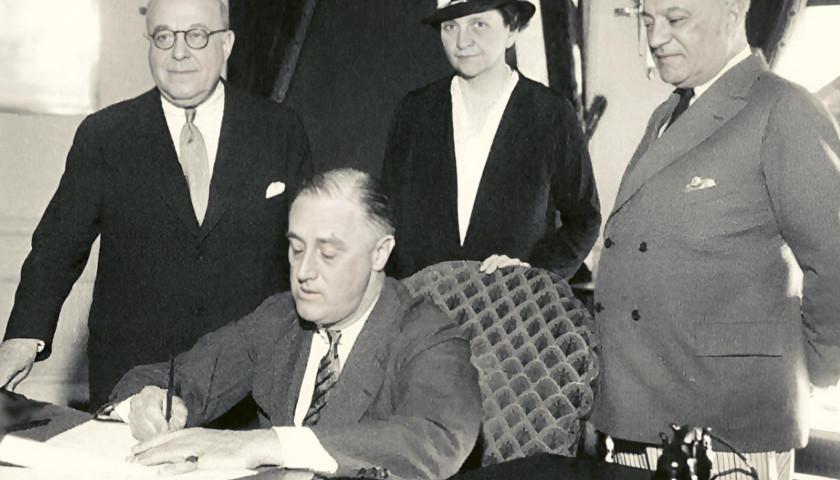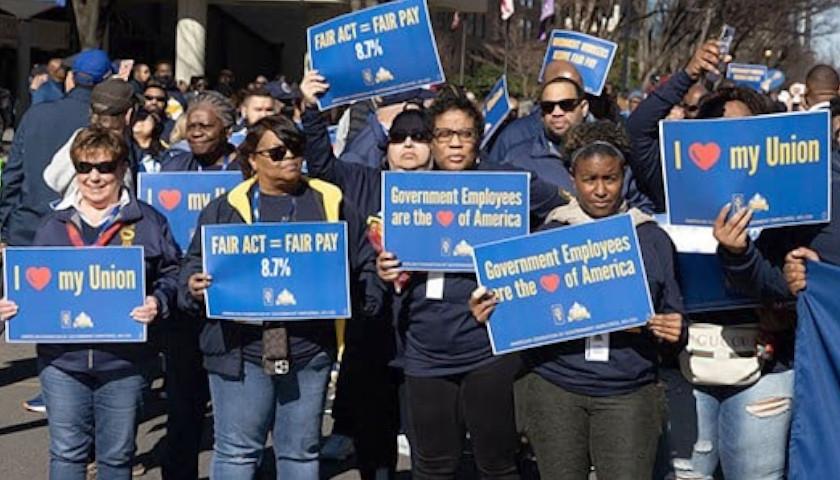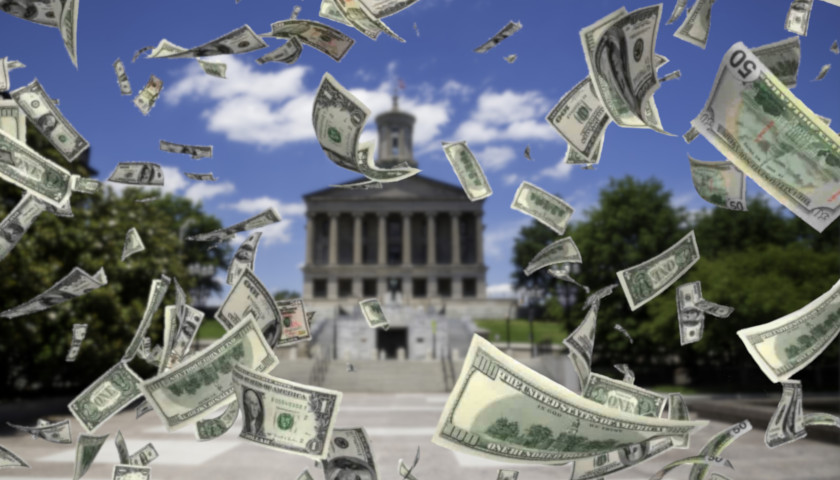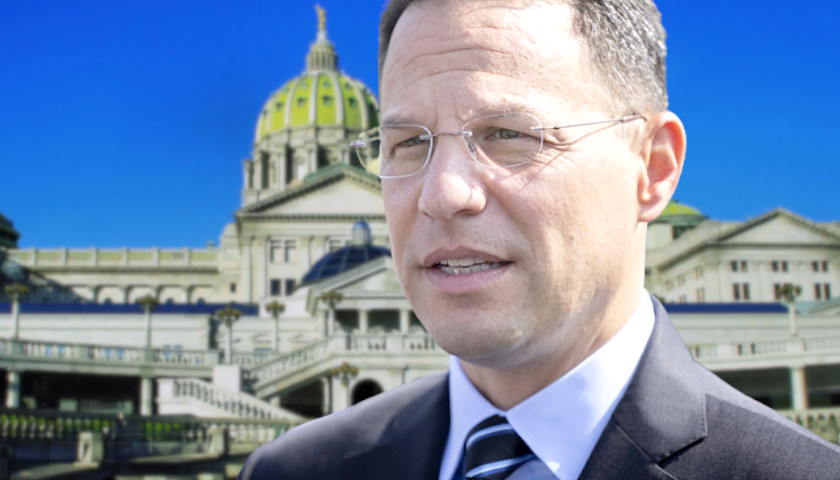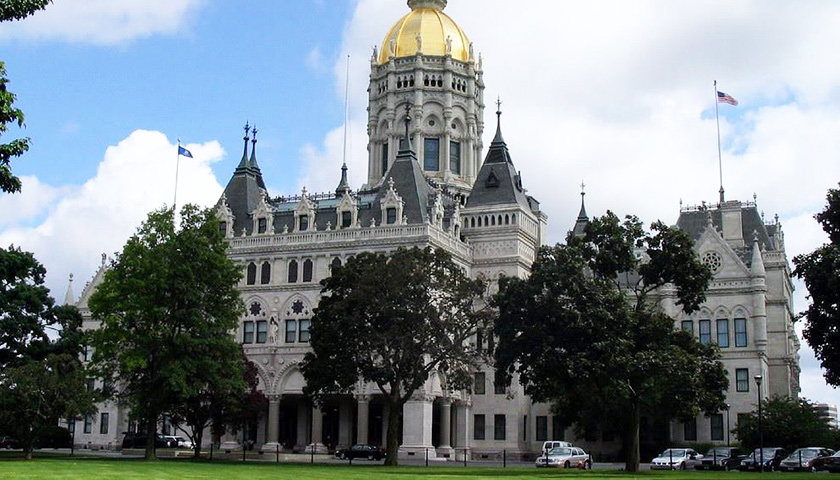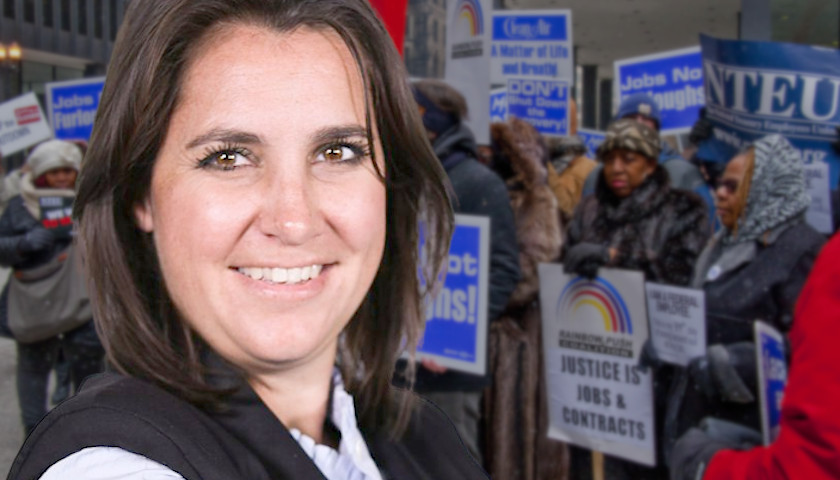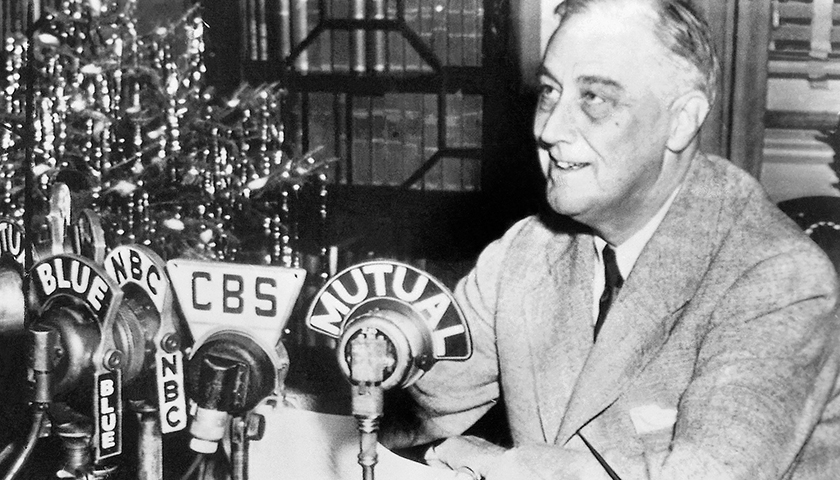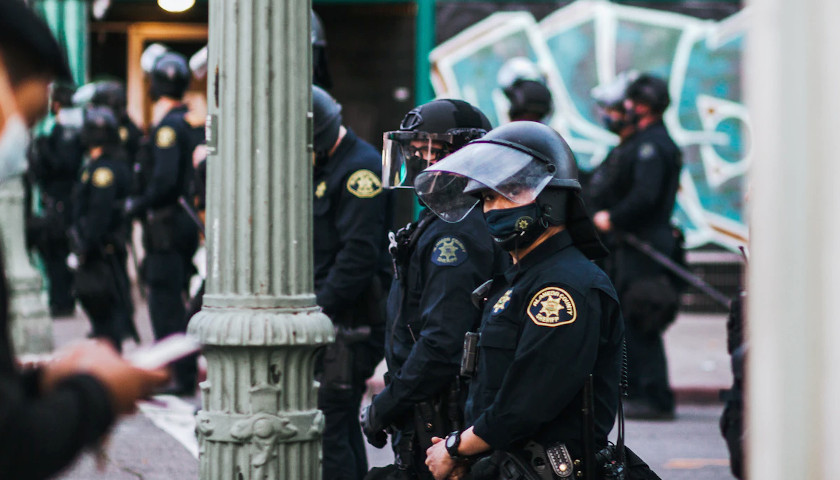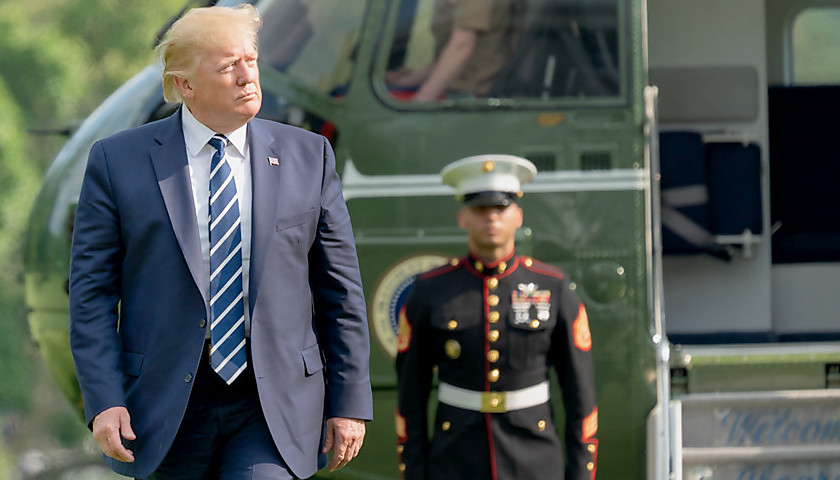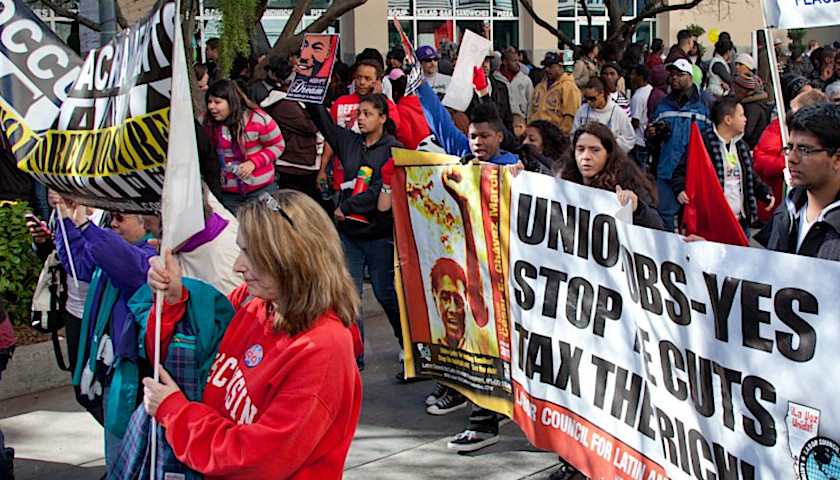Following the resolution of the six-week United Auto Workers strike last month and the ensuing glut of news coverage, one could be forgiven for believing that private sector unions were experiencing a generational comeback the likes of which haven’t been seen since their halcyon days of the 1950s.
The reality, however, couldn’t be further from the truth: union participation in the private sector is now a tiny sliver of the overall employment picture in the United States. According to the Bureau of Labor Statistics, the unionization rate of private-sector workers currently sits below 6% at just under 7 million workers nationwide – down from 17 million in 1950.
Read the full story
